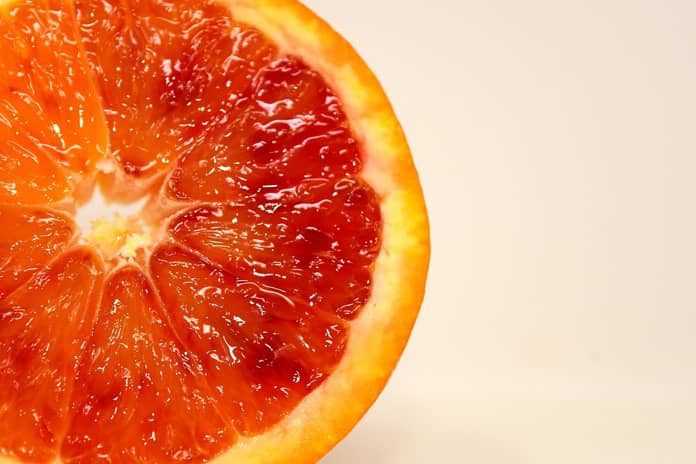Researchers recently investigated whether blood orange juice affected blood sugar and cholesterol levels differently than did regular orange juice.
A person’s total cholesterol count represents the total amount of cholesterol in their blood. It measures HDL (high-density lipoproteins), LDL (low-density lipoproteins), and triglycerides. HDL absorbs cholesterol and carries it to the liver so that it can be excreted from the body, LDL carries cholesterol to all the cells in the body, and triglycerides are used by the body for energy. Elevated levels of triglycerides and LDL cholesterol are considered bad since they can build up as plaque deposits on the blood vessel walls reducing blood flow and leading to high blood pressure and an increased risk for strokes or heart disease.
While medications can be prescribed to help keep cholesterol levels within a healthy range, doctors also recommend lowering cholesterol levels through physical activity and a diet low in sugar and saturated fats. In a recent study published in the British Journal of Nutrition, researchers from the UK investigated whether drinking blood orange juice, which contains more anthocyanins than regular orange juice, had additional health benefits.
A total of 45 obese men and women aged 25–84 years were recruited to participate in this randomized controlled trial. After a three-week cleansing period, participants were randomly assigned to drink either 500 ml blood orange juice providing 50 mg of anthocyanins per day or 500 ml standard orange juice without anthocyanins. Measures of individual HDL- and LDL-cholesterol, blood glucose, nitric oxide, C-reactive protein, and blood pressure were taken on day one and again at the conclusion of the 28-day study.
No significant differences in cholesterol were found between the two groups indicating that blood orange juice was not a healthier alternative to regular orange juice. The additional anthocyanins found in the blood orange juice had no significant effect on health.
Written by Debra A. Kellen, PhD
Reference: Hollands, W. J., Armah, C. N., Doleman, J. F., Perez-Moral, N., Winterbone, M. S., & Kroon, P. A. (2018). 4-Week consumption of anthocyanin-rich blood orange juice does not affect LDL-cholesterol or other biomarkers of CVD risk and glycaemia compared with standard orange juice: a randomised controlled trial. British Journal of Nutrition, 119(4), 415-421. doi:10.1017/S0007114517003865



